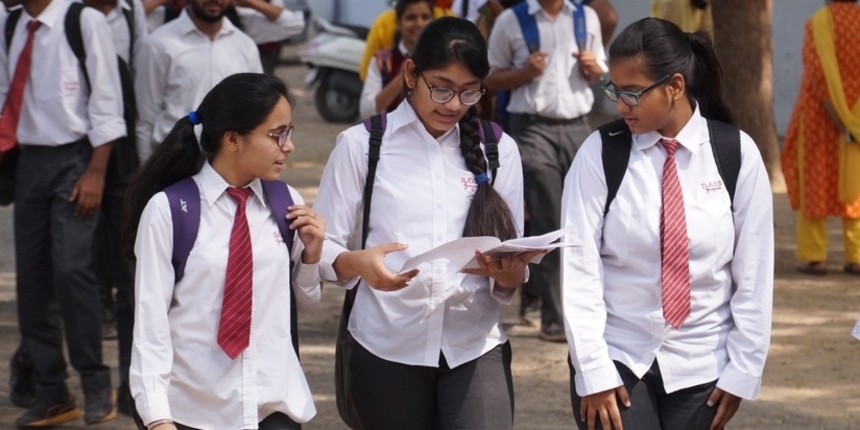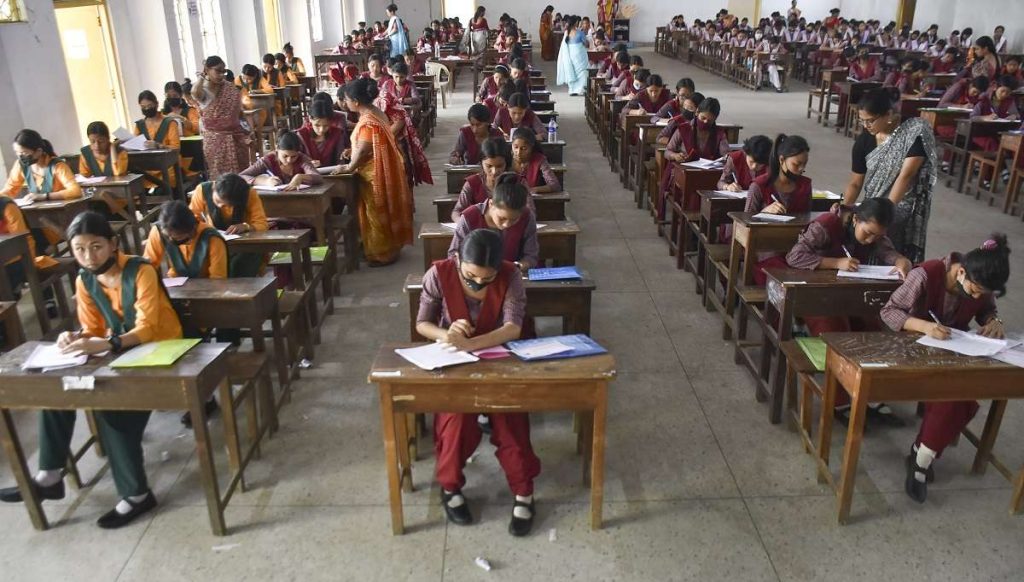Are you worried about getting your child admitted to the right board? Well, this confusion is justified in order to find out what is best for a child. Understanding the differences between the IB and CBSE Boards can be crucial in making the best choice for your child’s future.
Let’s break it down in a friendly, interactive way so you can make an informed decision.
What are the IB and CBSE Boards?
Before jumping into further details regarding the two, let’s first be clear about the definitions.
IB stands for International Baccalaureate. From the name, you can understand that this board of education is globally recognized. It offers four programs:
- Primary Years Programme (PYP)
- Middle Years Programme (MYP)
- Diploma Programme (DP)
- Career-related Programme (CP).
It emphasizes certain key points that are essential for a child’s holistic development. These include critical thinking, cultural awareness, etc.
CBSE stands for Central Board of Secondary Education. It is an Indian national board that follows a more traditional approach. It focuses on academic excellence and standardized testing. CBSE offers a structured curriculum primarily in English and Hindi, thereafter serving the education standards of India.
An Overview of the Differences between IB and CBSE Boards
Clear knowledge about the two boards- IB and CBSE, helps you in many ways, including your children’s studies and your academic careers. So, let’s see what are the differences between IB and CBSE boards.
Curriculum:
When you hear about any board of education, what comes to your head? The curriculum, right? When comparing IB and CBSE Boards, the curriculum and teaching approach are key differentiators. Let’s take a sneak peek at the curriculums of both boards.
- IB Curriculum: It’s inquiry-based and encourages students to think independently and drive their own learning. The IB curriculum is flexible, allowing students to explore subjects deeply. For example, IB students engage in projects and hands-on learning experiences, making education more interactive and practical.
- CBSE Curriculum: CBSE, on the other hand, is more rigid and structured, with a strong emphasis on mathematics and science. It follows a predetermined syllabus with clear guidelines on what to study at each grade level. This board is known for its comprehensive and well-defined textbooks.
Assessment and Examinations:
The way students are assessed in IB and CBSE Boards also differs significantly.
IB Assessments:
These include internal and external evaluations. IB focuses on continuous assessment through projects, presentations, and exams. The assessment system is holistic, considering students’ performance throughout the year.
There are two methods of marking on this board.
- Examiner marked work- The exam taken is first marked by examiners . Before actual marking begins the examiners have to mark a range of students’ answers allotted to them. Also a separate exam is taken for the examiners in order to check their eligibility as examiners.
- Teacher-marked work- The teacher is then given the papers for marking. Thereafter, the marks of the examiner and the teacher are compared to check for accuracy. Certain negotiations in marks are done if required.
CBSE Assessments:
CBSE relies heavily on end-of-year exams for evaluation. These exams are standardized and primarily test students’ retention of the syllabus content. The board exams in Grades 10 and 12 are particularly crucial for college admissions in India. But now with time certain changes have come.New semester based exams have been launched in the current curriculum.

Extra-curricular Activities:
Ever heard of the proverb “All work and no play makes Jack a dull boy”? Well this applies for IB and CBSE as well. Extracurricular activities play a crucial role in the holistic development of students in both IB and CBSE Boards.
- IB Board Schools’ Activities: Extracurriculars are integral to the IB curriculum. Activities like sports, arts, and community service are included into the program. It encourages students to develop a range of skills and interests. This is especially evident in the CAS (Creativity, Activity, Service) component of the IB Diploma Programme, which requires students to engage in a balanced variety of extracurricular activities.
- CBSE Board Schools’ Activities: CBSE schools also offer extracurricular activities, but these are often secondary to academic achievements. However, many CBSE schools are now increasingly recognizing the importance of a well-rounded education. CBSE schools typically offer a variety of clubs and societies, such as science clubs, literary societies, debate clubs, and robotics clubs. The board mandates physical education as a part of the curriculum. Schools often have facilities for various sports, such as cricket, basketball, and athletics. Participation in these sports helps in developing teamwork, discipline, and physical fitness.
Global Recognition
When choosing an educational board for your child, understanding how each board is recognized globally can play a crucial role. Lets get to the differences in recognition a bit deeper.
- The IB diploma is highly esteemed and accepted by universities across more than 140 countries. Institutions such as Harvard, Oxford, and Stanford recognize the IB diploma for its rigorous academic standards and holistic educational approach.
Many universities offer advanced standing or university credits to IB diploma holders. For instance, some institutions in the United States and Canada allow IB students to skip introductory courses, giving them a head start in their university education. This broad acceptance makes the IB Board an excellent choice for students planning to pursue higher education abroad.
- The CBSE Board, on the other hand, is a nationally recognized board. It is highly respected by Indian universities, making it the preferred choice for students planning to pursue higher education in India. CBSE’s curriculum aligns closely with the requirements of major Indian entrance exams like the IIT-JEE, NEET, and various other state-level engineering and medical entrance tests.
While the CBSE Board is respected within India, its international recognition is more limited compared to the IB Board. Some foreign universities accept CBSE students, but they may need to meet additional requirements or take foundation courses to align with the international education standards.

Making the Choice: IB or CBSE boards
Choosing between IB and CBSE Boards depends on various factors, including your child’s learning style, future aspirations, and whether you plan on staying in India or moving abroad.
If you value a globally recognized, inquiry-based education with a focus on holistic development, the IB Board might be the right choice. On the other hand, if you prefer a structured, academically rigorous environment that aligns with the Indian education system, the CBSE Board could be more suitable.
Ultimately, the decision between IB and CBSE Boards should be based on what aligns best with your child’s needs and your long-term educational goals. Both boards have their unique strengths, and understanding these can help you make the best choice for your child’s future.
Anyways, whatever board you choose, prepare well with the guidance of experts to ensure a good academic score in both exams.
FAQs
How do the teaching approaches differ in IB and CBSE?
The IB curriculum is inquiry-based, encouraging students to think independently and engage in hands-on projects. The CBSE curriculum is more rigid and structured, focusing on theoretical knowledge and preparing students for competitive exams in India.
What are the unique components of the IB curriculum?
The IB curriculum includes unique components like the Theory of Knowledge (TOK), the Extended Essay (EE), and the CAS (Creativity, Activity, Service) project. These elements are designed to develop critical thinking, research skills, and social responsibility.
Can CBSE students transition to international universities?
Yes, CBSE students can transition to international universities, but they may need to meet additional requirements or take foundation courses to align with international education standards. The CBSE curriculum prepares students well for Indian universities, but extra steps might be needed for global education.
Read more of our blogs here.



Comments 0